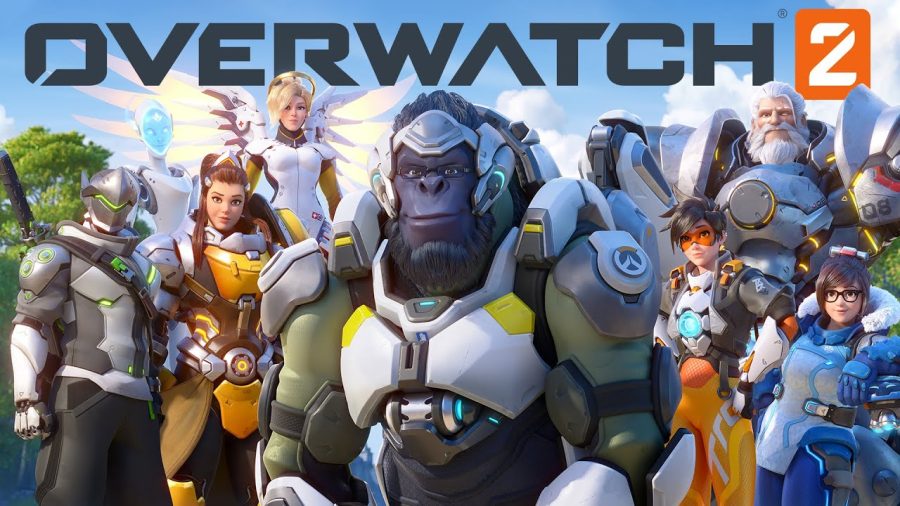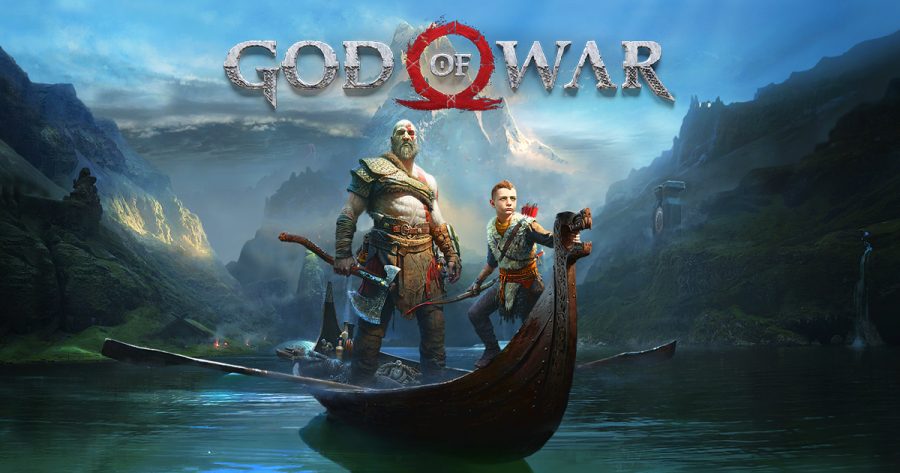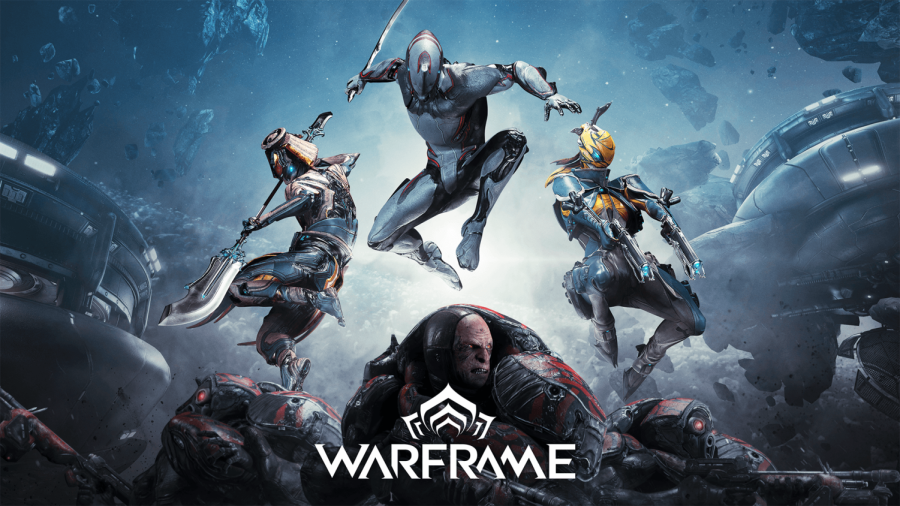
There are a lot of games that you can play on your computer, but have you ever run into the problem of not being able to even launch them, because you chose a different operating system? Well, that is what Linux users have had to struggle with from the very beginning.
There are three main operating systems available: Windows, owned by Microsoft, OS X, owned by Apple, and Linux. This last system is not owned by any particular company, but the trademark is listed under the name of Linus Torvards.
If we compare the amount of users there are currently using each of these operating systems, we can clearly see that Linux has the smallest base of users. Based on the data, 75% of all desktops run on Windows, 16% use OS X, and Linux can only be found on 2% of computers worldwide.
The main difference between Linux and Windows is that Linux belongs to the user and allows the user to do whatever they want with their computer. On the other hand, Microsoft is a commercial and user-friendly product, but it has more limits on its usability. OS X is just owned by Apple, so they don’t have to pay any other company to install it on their computers.
So, what does Linux have to do with Steam? Recently, it’s been a lot.
Due to the release of Steam Deck, the issue of running games on Linux has become more apparent to many people. So far, there has been no demand for game developers to design the games for Linux, but that will all change soon.
Steam Deck itself runs on Steam OS, which is made with the use of Linux, so there were issues at first with not being able to run most of the popular games on it. Because of that, Valve, the manufacturer of Steam Deck, created Proton, a software that allows the games from Windows to be compatible with Linux, with just the click of a button.
But that was not the only problem with Steam games, because the anti-cheat systems were a big part of it, too. Some of these games did not even support Linux and would not allow Linux to launch them unless the user jumped through some hoops. Now that there is going to be a demand for games on Linux, Valve will be asking more companies to either update their anti-cheat systems to support Linux, or to move over to the already Linux-friendly anti-cheat systems that exist.
This means that now that there is demand from Linux users, game companies will have it in their minds to make their games playable on Linux at launch, and that means it is going to stir up the ecosystem of operating systems.
In the end, this means that now there is a bigger competition between the different existing operating systems, which was heavily dominated by Windows for quite some time. This will now offer more freedom to consumers, and it will cause the whole industry to evolve, in and of itself.











